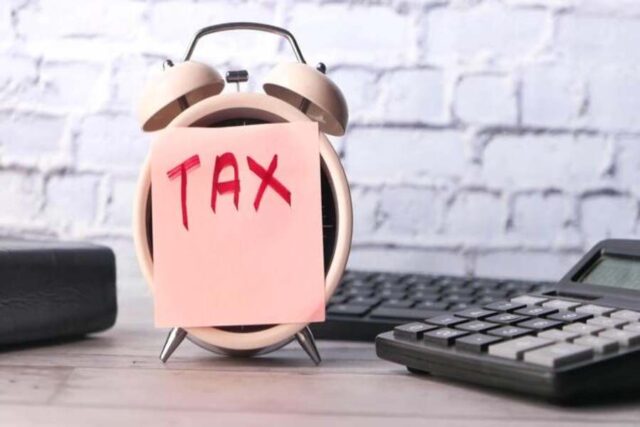Tax season can evoke confusion, especially for individuals whose annual income is relatively low. Many people wonder, “If I make less than $5,000 a year, do I have to file taxes?” This article clarifies the obligations and options available for low-income earners regarding tax filing.
Do I Have to File Taxes if I Make Less Than $5,000 a Year?
Yes, if your income is less than $5,000, you typically do not have to file a federal tax return, but specific conditions might require you to do so, such as self-employment income or special tax credits.
Understanding Income Thresholds
The requirement to file taxes is influenced by several factors, mainly your total income, filing status, and age. For the tax year 2023, the IRS guidelines outline different income thresholds for various categories:
| Filing Status | Minimum Income Requirement |
|---|---|
| Single | $13,850 |
| Married Filing Jointly | $27,700 |
| Married Filing Separately | $5 |
| Head of Household | $20,800 |
If your gross income falls below these thresholds, you are not mandated to file a federal tax return. However, specific scenarios might prompt you to file even if your income is low.
Key Considerations for Filing Taxes
- Self-Employment Income: If you earn $400 or more from self-employment, you must file a tax return to report your earnings, regardless of your total income.
- Earned Income Tax Credit (EITC): Individuals with low to moderate income may qualify for the EITC, which can reduce your tax liability and potentially provide a refund. Filing a return may be beneficial, even if your income is low.
- Health Coverage Tax Credit: If you received health coverage through a government program, you might have to file to claim certain health coverage tax credits.
- Other Income Types: Income from dividends, interest, scholarships, or unemployment benefits may require you to file taxes, depending on the amount.
- State Taxes: Tax obligations vary by state, so it’s essential to check your state’s income tax regulations.
Filing Taxes for Very Low Income
If your annual income is below $5,000, consider the following:
- Free Filing Options: Many tax software providers offer free filing services for low-income individuals. The IRS Free File program allows qualified taxpayers to file federal returns for free.
- Tax Preparers: Non-profit organizations and local community centers frequently provide free tax preparation services for individuals with low income.
Benefits of Filing Even If Not Required
While you might not need to file if your income is below $5,000, filing can still be advantageous. Here’s why:
| Potential Benefits | Description |
|---|---|
| Refund Eligibility | You may qualify for refunds on withheld taxes or credits. |
| Build Credit History | Filing helps establish a financial history, which can be vital for future loans or credit applications. |
| Accessing Financial Aid | Some financial aid programs require tax returns for eligibility. |
What to Prepare When Filing
If you decide to file taxes, gather the necessary documents, including:
- W-2 forms from employers
- 1099 forms for freelance work or dividends
- Receipts for deductible expenses
- Proof of any credits you plan to claim
Frequently Asked Questions
1. Can I receive a tax refund if my income is under $5,000?
Yes, if you had taxes withheld from your paychecks or qualify for refundable tax credits like the EITC, you may receive a refund.
2. What if I only receive government assistance? Do I need to file?
Government assistance generally doesn’t count as taxable income, but if you have other sources of income, you might need to file.
3. Is tax filing beneficial if I make less than $5,000?
Yes, filing can help claim tax credits, receive refunds, and establish a financial record.
Conclusion
Navigating the tax landscape can be challenging, particularly for individuals earning less than $5,000 a year. Although most people in this income bracket are not required to file taxes, several circumstances may make filing beneficial.
Understanding your obligations aids in making informed decisions regarding tax filing, potentially allowing you to claim benefits. Consulting a tax professional can provide clarity and guide you through the process, ensuring that you comply with federal and state regulations.
If you find yourself in this income range, examine your financial situation closely. Not only could filing potentially lead to refunds or credits, but it also establishes a record that might benefit you in the future.















